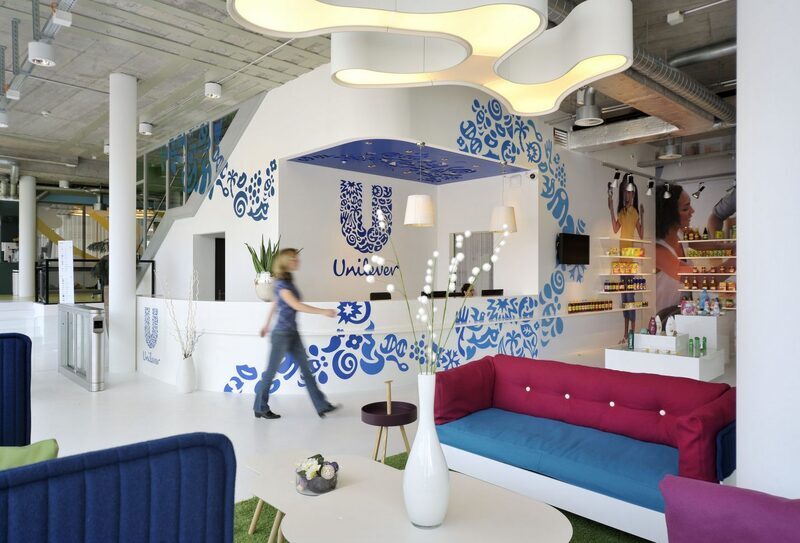
Palm Hills allocates EGP 30 m for backing Egyptian athletes
Palm Hills, Egypt’s leading real estate developer, allocated EGP 30 million for supporting Egyptian athletes under ...

Unilever’s 10-year march of sustainability was crowned by positively affecting the lives of billions of people.
The Unilever Sustainable Living Plan (USLP) succeeded to reach 1.3 billion people through the company’s health and hygiene programs in line with the Sustainable Development Goal 3 on Health and Well-Being.
The company has reduced sugar across all its sweetened tea-based beverages by 23%, and 56% of its foods portfolio now meets recognized High Nutrition Standards.
Improving the nutritional quality of Unilever’s products is a challenge, but the company has made great strides. In fact, it is on track for 70% of its portfolio to meet the Highest Nutritional Standards – a benchmark based on World Health Organization recommendations – by the end of 2022.
The company seeks to feed the world’s growing population sustainably, but this requires a shift in the types of food we eat.
So the company set out, together with partners, to create programs that enable and inspire people all over the world to eat foods that are better for them and for the land, while being affordable and tasting great.
For example, Unilever’s Green Food Steps program in Nigeria, Lutong Nanay in the Philippines and our Nutri Menu program in Indonesia help millions of consumers eat in a way that’s better for them and better for the land. In the UK, the Cheat on Meat program has delicious, easy-to-make plant-based recipes, and the company’s ‘Eat more Vegetables’ campaign has encouraged people in the Netherlands to eat an additional 5,000 tons of vegetables. The company is scaling up these programs to reach more consumers.
Under Sustainable Development Goal 13 on Climate Change, the company has reduced the total waste footprint per consumer use of its products by 32% and achieved zero waste to landfill across all its factories.
The company has reduced greenhouse gas emissions in its own manufacturing by 50% and reached 100% renewable grid electricity.
The company has saved over €1 billion in costs through improving water and energy efficiency in our factories, and by using less material and producing less waste.
Sustainable sourcing has helped secure the company’s supplies, reducing risk and volatility in its raw material supply chain.
Under the Sustainable Development Goal 5 on Gender Equality, the company has enabled 2.34 million women to access initiatives aiming to promote their safety, develop their skills or expand their opportunities. The company has moved towards a gender-balanced workplace in which 51% of management roles are held by women.
The company has also developed global partnerships that are driving transformational change in empowering women, protecting forests, improving health, sustainable farming and more.
“It was a really different way of doing business,” says Rebecca Marmot, Unilever’s Chief Sustainability Officer. “It meant not just thinking about consumers and shareholders, it also meant thinking about civil society, NGOs, the UN. We realized that if you orientate business in a different way you can play a massive part in bridging development gaps around the world – and that creates opportunities for business.”
The company sets out its vision to be the leader in sustainable business globally – and it means sustainable in the broadest sense of the word; socially, environmentally and economically.
“While the Unilever Sustainable Living Plan is drawing to a close, the journey towards achieving our purpose of making sustainable living commonplace for the world’s 8 billion people continues. We know we can lead the charge, but we need to be better, bolder and faster,” Unilever CEO Alan Jope said.
Palm Hills, Egypt’s leading real estate developer, allocated EGP 30 million for supporting Egyptian athletes under ...
Extreme weather events were the primary drivers in 18 countries where over 77 million people faced ...
Over 100 SDG-aligned projects with a total investment scope of $ 50 billion have been presented during the ...


اترك تعليقا